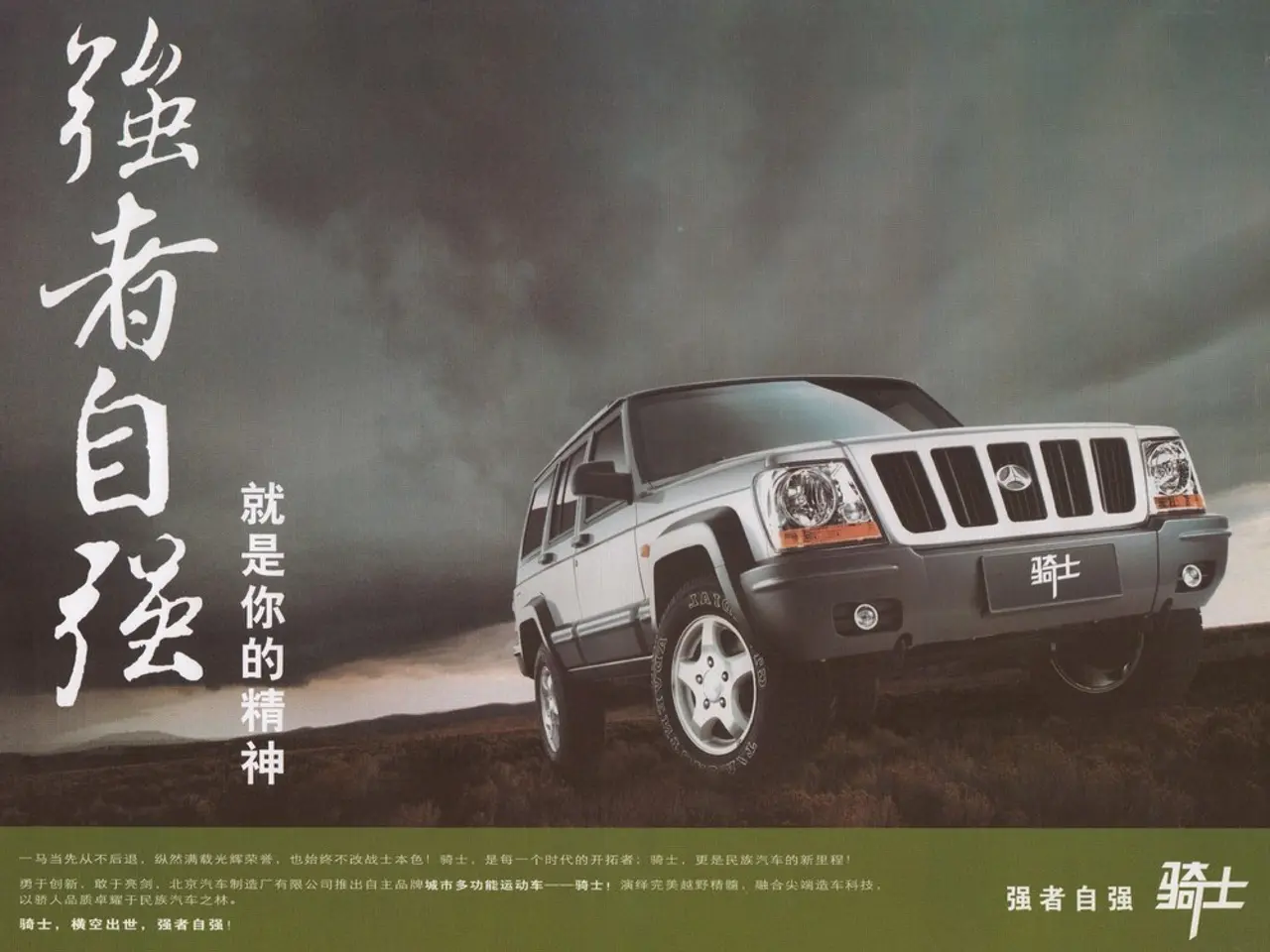China's Influence Expands in Europe at Germany's Cost
In a recent analysis conducted by the Association of Research-Based Pharmaceutical Companies (VFA), it has been revealed that Germany is losing market share in several key industries, particularly in the automotive, machinery, and chemical sectors. This trend is especially notable in the U.S. and European markets.
The U.S. imposes average tariffs of 15 percent on almost all European imports, making the most important export market for many German industries more difficult to access. Meanwhile, China has been continuously expanding its global market share, particularly in Europe, where it has increased its market share from 6 to 14 percent between 2013 and 2024.
China's rise in the European sales markets has come at the expense of Germany, which has seen a decline in its market share. Similarly, the Chinese automotive industry has experienced significant growth, posing a threat to German car manufacturers who have also lost market share in China over the past two years.
Claus Michelsen, chief economist of VFA, suggests that Germany needs more dynamism in investments, innovations, and new business models to address these challenges. He emphasizes the importance of qualification and flexibility between sectors as a means of addressing the skilled labor shortage.
Michelsen also proposes an industrial policy agenda focused on renewal and speed in products, production technologies, companies, and workforce. He notes that U.S. and Asian competitors are more dynamic in areas such as connected vehicles and software solutions, and that high production costs, dependencies on international supply chains, and low flexibility in digital business models are contributing to the pressures faced by the automotive industry.
The European Union has implemented measures such as the Digital Single Market strategy, strengthened the enforcement of the Single Market rules, promoted the recognition of standards to facilitate market access, and negotiated trade agreements with the United States and China to reduce internal market fragmentation and improve business partners' access. However, Michelsen states that Europe is not playing to its strengths due to a fragmented internal market with national and regional regulations.
If the internal European market is used as a strength, then U.S. trade policy loses its sting, according to Michelsen. He believes that if Germany and the rest of Europe can address their internal challenges and become more competitive, they will be better equipped to face the pressures from U.S. and Asian competitors.
Other European countries have benefited from China's setbacks in the U.S. market, but Germany did not. Michelsen suggests that this is due in part to Germany's reliance on a fragmented and outdated industrial structure, as well as a lack of dynamism in investments, innovations, and new business models.
Despite these challenges, there is still hope for the German automotive industry. The enormous demand for vehicles and the strong demand for German brands could potentially allow the industry to gain ground in China for a long time. However, it will require a concerted effort from German policymakers and industry leaders to address the challenges facing the industry and position Germany for success in the global market.
Read also:
- Recognition of Exceptional Patient Care: Top Staff Honored by Medical Center Board
- A continuous command instructing an entity to halts all actions, repeated numerous times.
- California Senator Kamala Harris announces she will not seek the governorship in 2026, instead hinting at future professional ventures.
- Survey on Life Prolongation Methods




